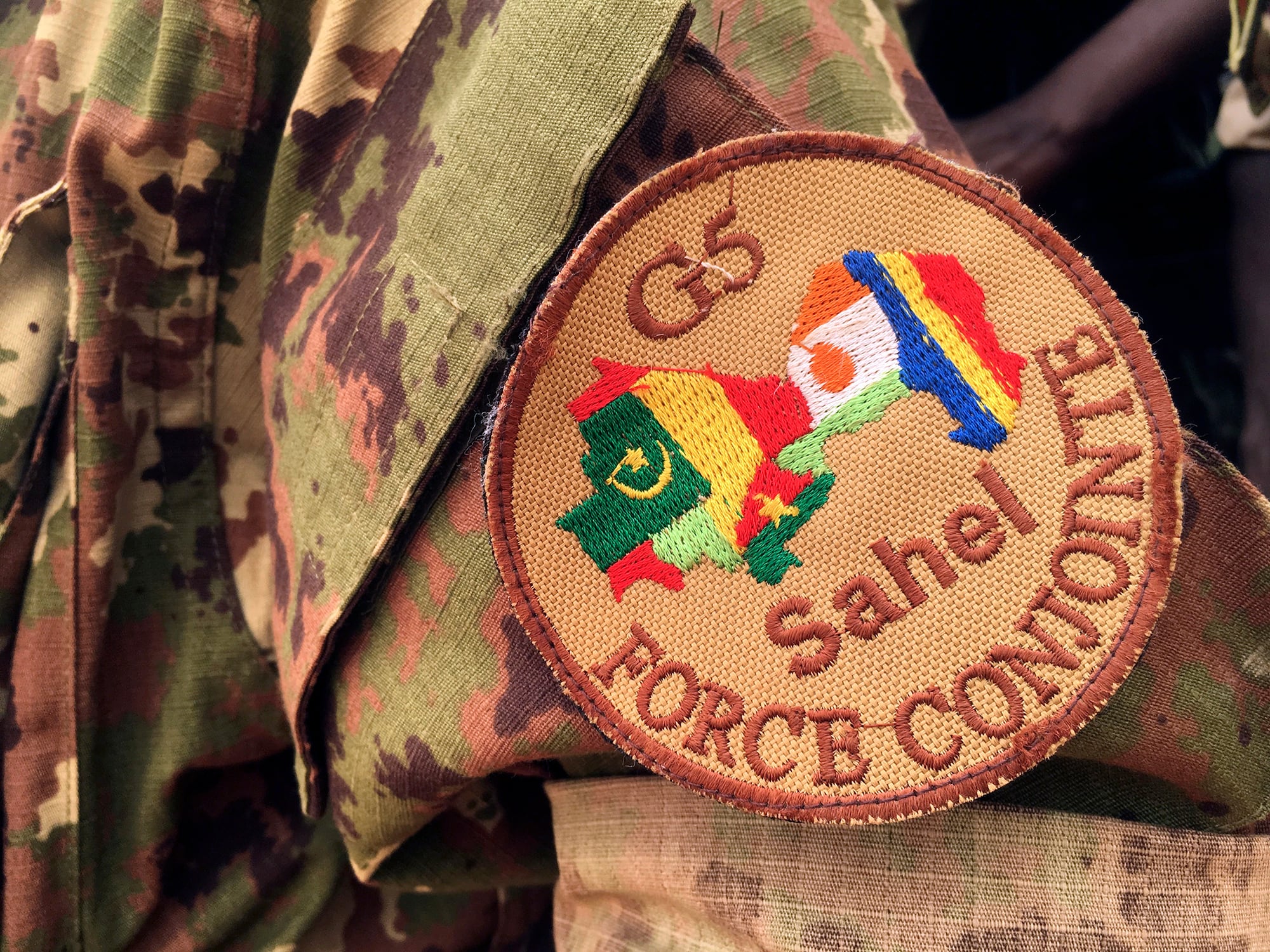Army Gen. Stephen Townsend’s No. 1 concern as the commander of U.S. Africa Command is that another deadly attack like the one in Manda Bay, Kenya, will occur on his watch.
That’s why AFRICOM is now examining the security at Manda Bay, and of other U.S. installations throughout the entire continent.
On Jan. 5, al-Shabab militants attacked U.S. and Kenyan forces in Manda Bay Airfield, an attack which led to the deaths of Army Spc. Henry Mayfield Jr., 23, and two U.S. Department of Defense contractors, Dustin Harrison, 47, and Bruce Triplett, 64.
“I think it’s self-obvious we were not as prepared there at Manda Bay as we needed to be,” Townsend told lawmakers on the Senate Armed Services Committee on Thursday. “Al-Shabab managed to penetrate onto that airfield … . They were able to get access to that airfield, kill three Americans, and destroy six aircraft there. So we weren’t as prepared, and we’re digging into that to find out why that’s the case.”
The command has launched a senior-leader-led investigation examining the circumstances surrounding the attack, and Townsend said approximately 120 infantrymen are now working to secure the area and install proper measures of defense.
“I’m confident that by the time they’re done, Manda Bay will be much more properly defended,” Townsend said.
Furthermore, the incident has prompted AFRICOM to evaluate security at other areas across the continent as well, especially since Manda Bay was considered a “safe area,” Townsend said.
“Al-Shabab has shown their reach, and the danger that they pose, and I think that we need to take that seriously,” Townsend said. “And so I’m looking with a clear eye at every location in Africa now.”
When asked what the top three things worry him most about his job, Townsend listed another attack similar to the one at Manda Bay as number one.
Townsend’s remarks come after the New York Times reported on Jan. 22 that a team of Marine Raiders from Camp Simba spearheaded the counterattack, along with Kenyan Rangers. The Times also reported that the Marines’ response lagged since Camp Simba is approximately a mile from the airfield at Manda Bay.
But AFRICOM pushed back on the Times’ characterization, and said the Marine Raiders’ response was “timely and effective.”
“The tragic loss of these brave Americans and the damage and destruction to aircraft demonstrates the enemy achieved a degree of success in its attack,” AFRICOM said in a statement Jan. 23. “However, despite public reports, an initial assessment indicates that a timely and effective response to the attack reduced the number of casualties and eliminated the potential for further damage.”
AFRICOM added estimates suggest several dozen al-Shabab militants were repelled, and that clearance and security operations were conducted several hours following the attack to secure the sprawling base.
Approximately a dozen Marines from the 3rd Raider Battalion from Camp Lejeune in North Carolina took the lead in warding off al-Shabab militants from Manda Bay, multiple sources from the Marine Raider community previously told Marine Corps Times.
RELATED

The command says there are roughly 5,000 to 7,000 al-Shabab militants in Somalia. AFRICOM officials previously told reporters they believe that the militants came from Somalia and crossed over into Kenya — with the support of facilitators within Kenya.
In 2019, AFRICOM conducted 63 airstrikes against violent extremist organizations in Somalia. So far, AFRICOM has already conducted four airstrikes against al-Shabab militants in Somalia this year.
“I don’t believe that it’s whack-a-mole,” Townsend told lawmakers Thursday about the strikes. “What we do is we keep an eye on al-Shabab every day, and we’re looking for ways to reduce their capacity wherever we can.”
The U.S. has approximately 6,000 Department of Defense personnel on the entire continent. AFRICOM told Military Times in November there’s an average of 650 to 800 U.S. forces in Somalia at any given time.





